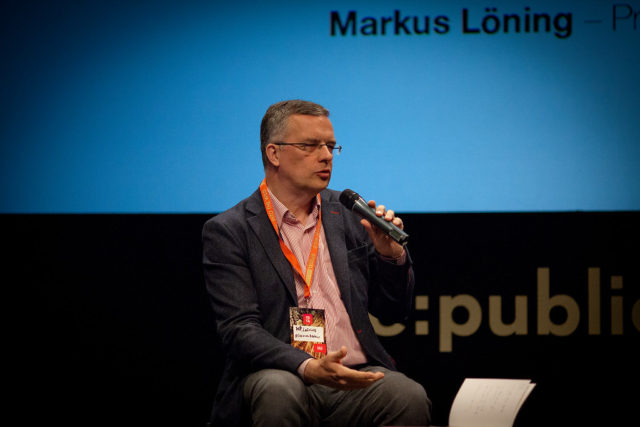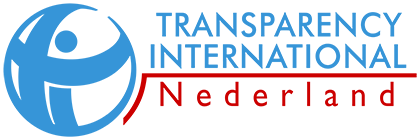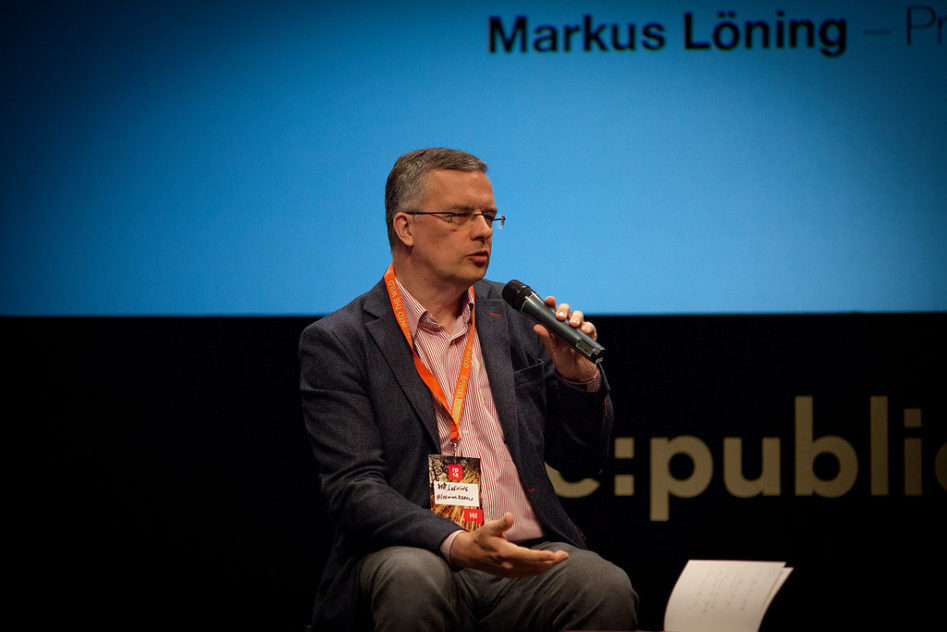Amsterdam, 16-8-2021 – Markus Löning will be one of the guest speakers at the upcoming meeting of Transparency International Netherlands’ Business Integrity Forum of 16 September on the topic of human rights and integrity. Löning Human Rights & Responsible Business advises companies on how to ensure human rights in their business. Transparency International Netherlands interviewd Löning on the most recent developments and some of the key issues companies need to be aware of to avoid risks.
Lousewies van der Laan, Director of Transparency International Nederland is delighted that the former human rights ambassador of the Federal Republic of Germany has agreed to be the keynote speaker: “Markus was one of the first to realise that sustainability is more than the environment and greening your business. Increasingly the social dimension of sustainability, including human rights, is moving up the political agenda. Companies that take steps now are not only meeting the expectations of the public and their customers, but will soon emerge stronger when more legislation is introduced, as is already evident with the Green Deal of EU Commissioner Frans Timmermans and the EU taxonomy legislation. Alongside green requirements, tough social requirements will also be placed on companies.”
Markus Löning will bring Business Integrity Forum members and their guests up to speed on these developments, such as the new Sustainability Financial Disclosure Regulation and the Corporate Sustainability Governance Directive. Through his company, he advises entrepreneurs on safeguarding human rights. After all, a sustainable company ensures that the rights of the people it works with are also protected, Löning says.
So how do companies come across Löning Human Rights & Responsible Business?
” The majority of our clients approach us for advice because they wish to change something. In some instances it is because they feel pressure from outside. For example, companies don’t want to see their name in the newspaper, as that would lead to reputational damage.”
Can you provide an example of a particular case on which you advised?
“Recently, we did an investigation for a German food retailer. This entrepreneur buys strawberries and blueberries from Spain. During the harvest season, from about April to July, many women from Romania, Poland, Bulgaria and Morocco work here. They do not speak Spanish very well, as they are only here for a few months. But as a result, they are not aware of their own rights. We discovered that none of these women received the minimum wage, although it exists in Spain. These women did not ask for it, so they did not get what they are entitled to. In addition, farmers have a legal obligation to provide housing for seasonal workers. That was not an issue either: there was no housing, or the housing did not meet the required standards.”
What happens next?
“The German entrepreneur who asked us to look into this case is now in talks with the Spanish farmers: ‘We like to buy your fruit, and we want to continue to buy it, but you have to improve the working conditions of the seasonal workers.'”
How does this tie in with integrity?
“Our work revolves around the question: am I an entrepreneur to make money, make more money and make even more money? Or am I an entrepreneur who wants to share the value of what I create with the people I work with? Do I have the sole purpose of making as much money as possible for myself, or do I treat people with respect for their rights?”
And how does it benefit companies when they follow your advice?
“This advice increases the company’s chance of sustained success within the next five to ten years. Sustainability is the new normal. I mean that in the broadest sense of the word. Sustainability is not only about greening, but also about guaranteeing human rights, social rights and ensuring integrity. If you don’t go along with that, it is possible that a lawsuit will be filed against your company, that you will face reputational damage, that consumers will stop buying your product and that it will become increasingly difficult to find new employees. If you are not a sustainable company, in ten years’ time you will no longer exist.”
The Business Integrity Forum (BIF) consists of the corporate members of TI-NL. These are corporations that have integrity as a core value of their organisation, such as, for example, Heineken, Siemens, Rabobank and Schiphol Airport. At the request of several members, the meeting on 16 September will focus on human rights and integrity. Often, corruption and violation of human rights go hand in hand, says BIF chairman Jeroen Brabers. “When a company does not care much for the protection of human rights, one can start to question its payments and integrity. And when, as an entrepreneur, you have your own affairs in order, there is still the question of whether the entrepreneurs you work with do as well.” For the first time, a BIF-meeting will be held in English in view of the many international companies based in the Netherlands.
Are you considering becoming a member of the Business Integrity Forum? Please contact Jeroen Brabers at j.brabers@transparency.nl or Peter van Veen at p.vanveen@transparency.nl for an introductory meeting. It is also possible for companies considering membership to attend the next meeting as a guest. Please send an email to l.vanderlaan@transparency.nl.

